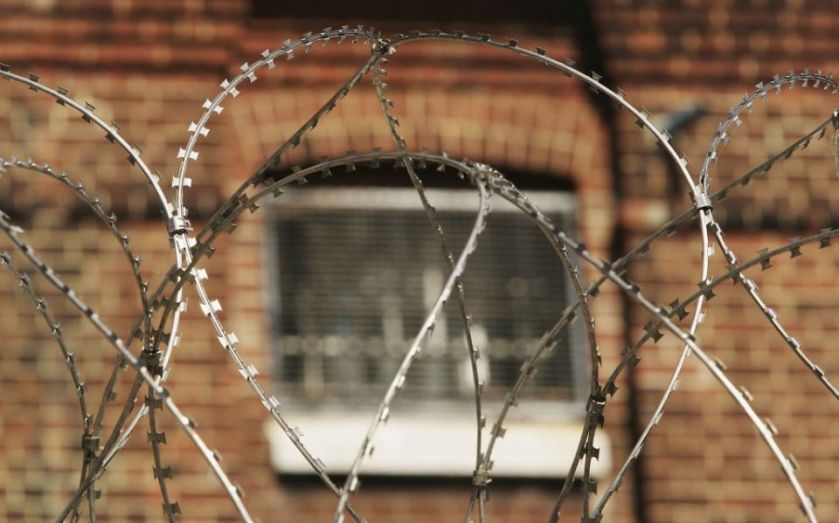Criminal cartel agreements: Businesses need to know what they’re getting into

You would not be alone in not knowing that there is such a thing as a criminal cartel, let alone how it is defined in UK law. But a significant change to this definition last year will mean that something few were aware of will now be increasingly on the radar of British businesses, who need to understand the dangers it throws up.
A criminal cartel agreement is made when two or more people agree to rig a market by fixing a price for the supply goods or services. When the cartel offence was introduced over 12 years ago, the criminal offence required a prosecutor to prove that an individual acted dishonestly when making an anti-competitive agreement. But in 2014, this requirement was abolished, considerably widening the scope of the offence to capture individuals who make a cartel agreement, but while honestly believing it is in the interests of their business to do so.
Until now, criminal enforcement has not been taken too seriously. The Office of Fair Trading (OFT) has been a reluctant prosecutor, scarred by its failed prosecution in 2010 of British Airways executives for allegedly rigging the cost of trans-Atlantic flights with its principal competitor, Virgin Atlantic.
But the amendment to the law is firing up the prosecution landscape. Last year, the Competition and Markets Authority (CMA) prosecuted three individuals for fixing the price of galvanised steel tanks for water storage, and it already has one conviction in the bag. The business’s managing director pleaded guilty to a cartel offence last year and awaits sentence. The trial of his co-defendants is scheduled to take place at Southwark Crown Court later this year, with the next case management hearing in March. If convicted, it is almost inevitable that custodial sentences will follow. In 2008, three people convicted of a cartel offence were sentenced to periods of between two and a half and three years’ imprisonment.
The CMA took over responsibility for criminal prosecution from the OFT on 1 April 2014 – and it’s spent nine months finding its feet. But it does mean business, and has warned in its prosecution guidance that there is an inherent public interest in prosecuting individuals who have made secret agreements to fix prices, share markets, rig bids or limit output of production or availability of services.
Using the criminal law to prohibit anti-competitive practices is controversial. It creates uncertainty and stultifies initiative – the wrong decision can expose an individual to a period in prison. Here, the concern is compounded, because the criminal offence engages some types of cartel offence but not others.
For example, the criminal offence does not prohibit an agreement between competitors to fix prices or limit production at different levels of the supply chain. In that instance, the criminal offence is said to apply to horizontal and not vertical cartel agreements. This distinction can be difficult to apply in practice – especially where different levels of the production or supply chain are in common ownership.
Indeed, uncertainty about the boundaries of the criminal law means individuals act cautiously. And it is scaremongering to suggest that large swathes of individuals will be prosecuted for cartel offences this year or beyond – they will not. But it is inevitable that some individuals will find themselves standing in the wrong place at the wrong time. Just make sure it is not you.